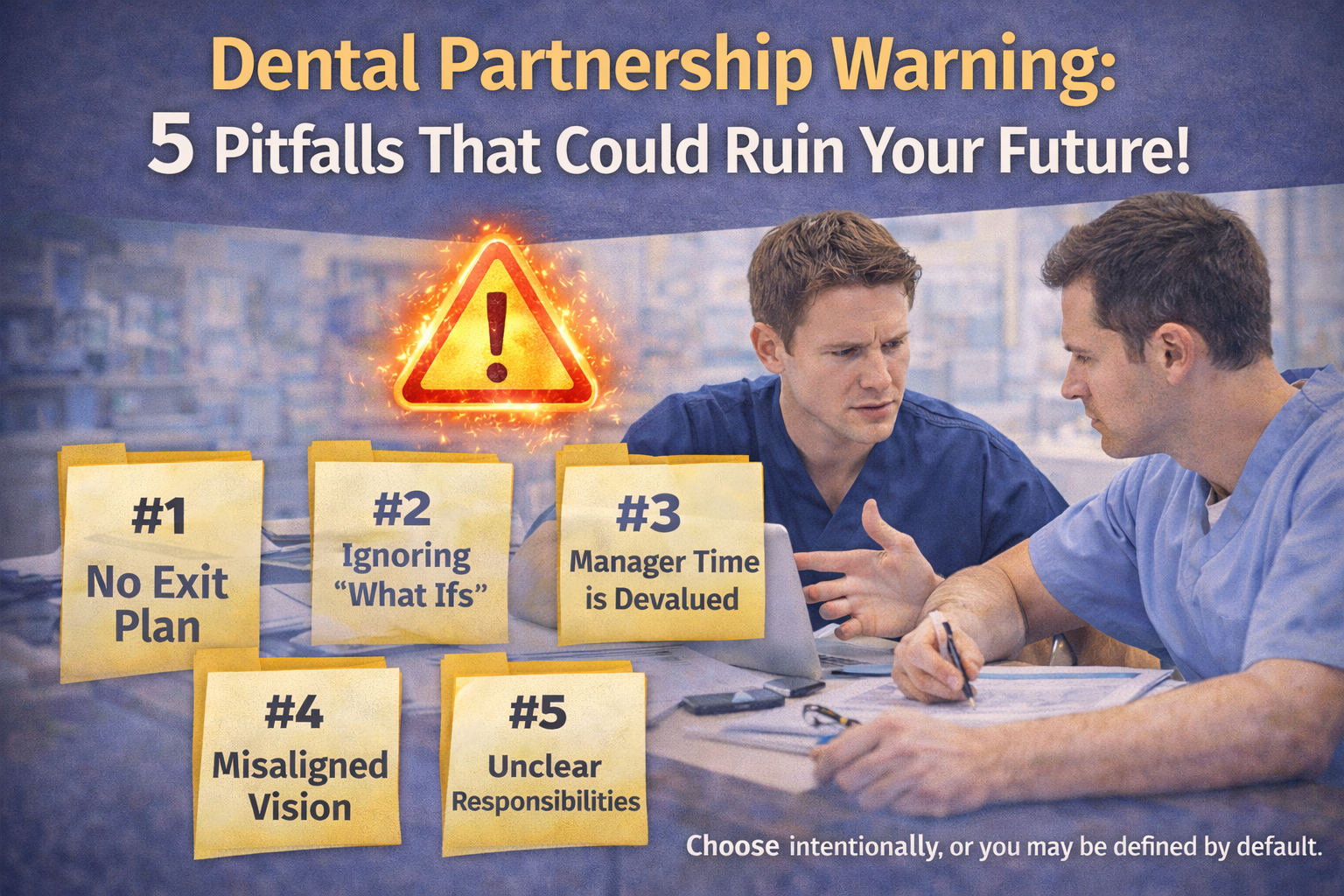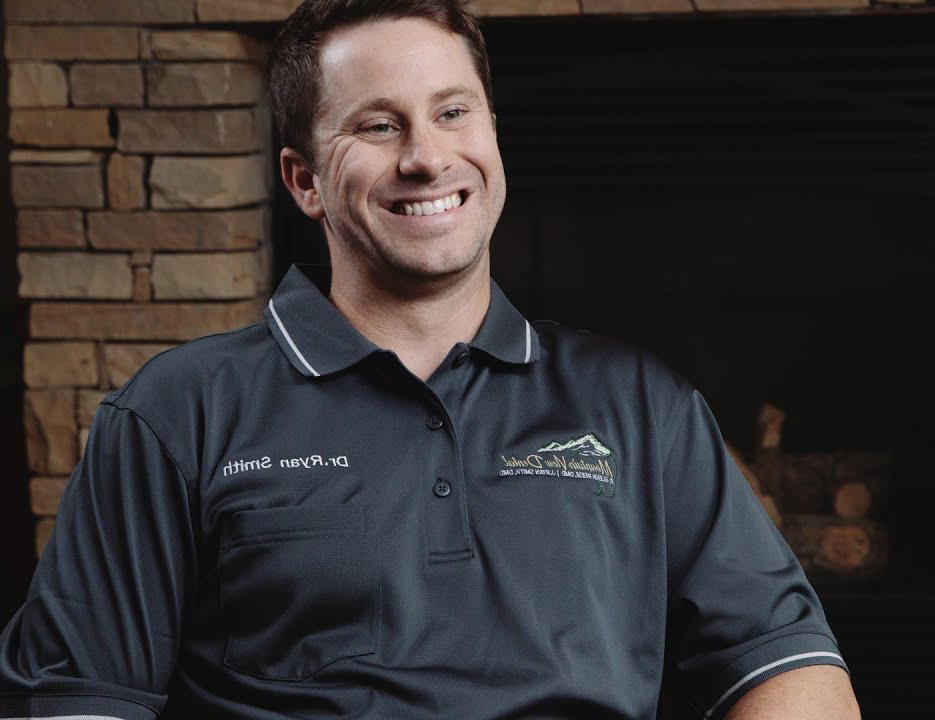What if I told you there’s a simple, ten-minute task that could dramatically reduce your risk of lawsuits, significantly increase your 5-star reviews, and build rock-solid patient loyalty—all at the same time?
It’s not a new piece of technology or a complex clinical technique. It’s the humble post-operative phone call.
I know, it sounds almost too simple. In an age of automated texts and emails, a personal phone call feels old-fashioned. But that’s precisely why it’s so powerful. When you are willing to do the small things that other dentists aren’t, you create a massive competitive advantage and fundamentally change the health of your practice.
This is your guide to mastering the post-op call: what it is, why it’s your #1 tool for risk management and practice growth, and how to use it to get invaluable feedback that will make your practice more profitable and rewarding.
What is a Post-Op Call?
Let’s be precise. A post-op call is a follow-up phone call made to a patient 24-48 hours after a procedure that involved an injection.
My simple rule: If a patient gets numb, they get a call.
The only other exception is a patient who had a challenging or emotionally charged appointment—perhaps a difficult emergency exam or a frustrating denture adjustment. These patients are also prime candidates for a follow-up.
The purpose isn’t just to check on their clinical well-being. From a practice management perspective, the primary goal is to proactively control the patient’s perception of you and your practice. It’s your single best tool for preventing major problems.
Your #1 Defense Against Lawsuits and Bad Reviews
The vast majority of dental board complaints and lawsuits are not rooted in a clinical outcome. They are rooted in a breakdown in communication.
When a patient feels unheard, dismissed, or abandoned with a post-op problem, they feel they have no recourse. So, what do they do? They leave a scathing one-star review or start exploring their legal options. The post-op call is your first and best line of defense against this catastrophic communication failure. It allows you to intercept a problem at its earliest stage, long before it escalates.
Watch the full breakdown on how to master this powerful tool.
Who Should Make the Call? (The Answer May Surprise You)
Many offices delegate post-op calls to an assistant. While that’s better than nothing, it misses the true power of the interaction.
The doctor should be the one making the post-op calls. Here’s why:
- It Communicates Tremendous Care: Patients perceive you as the highest authority and as being incredibly busy. When you personally take the time to call, it sends a powerful message that you genuinely care. It transforms a transaction into a relationship.
- You Hear Problems Directly: This is critical for risk management. When you make the call, you hear about a potential issue directly from the patient’s mouth. You can immediately offer advice, reassurance, or an appointment to resolve it. Delegating this task means problems are often filtered out by staff, and you don’t hear about them until they’ve exploded.
- You Get Unfiltered Feedback: The post-op call is your direct line to understanding the patient experience. You can ask, “How was your overall visit yesterday?” or “Is there anything we could have done to make you more comfortable?” This is the most valuable data you can get to improve your practice.
The Simple Script and Logistics
This doesn’t have to be complicated. At the end of each day, gather the names of the patients who received anesthetic. The next day, during a break, make the calls.
Here’s your basic script:
“Hi, Mrs. Jones, this is Dr. Ryan Smith calling from the dental office. I just wanted to personally check in with you and see how you’re feeling after your appointment with us yesterday. How is everything doing?”
Then, just listen.
- If everything is fine: “That’s wonderful to hear. We really appreciate you as a patient, and if anything changes, please don’t hesitate to call. Have a great day.”
- If they have a concern: This is your moment to shine. Listen, provide professional advice, and if necessary, turn a potential complaint into an example of exceptional service. “Thank you for letting me know. Why don’t we have you swing by the office tomorrow morning so I can take a quick look and make sure everything is perfect for you?”
This simple act is a massive practice differentiator. It reduces liability, builds deep trust, and is one of the single best ways to generate authentic word-of-mouth and glowing 5-star reviews. If you’re not doing it, you’re missing out on one of the highest-return activities in dentistry.








